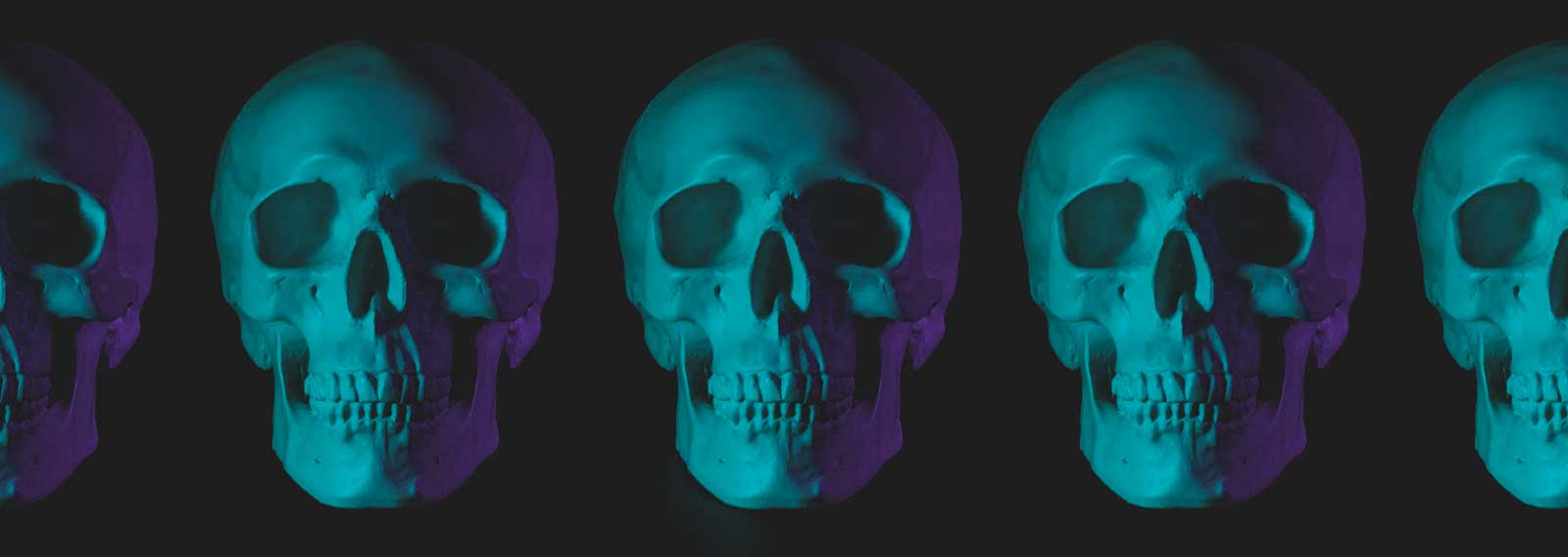There is a close parallel in the racist reasoning of those who advocated for African-American slavery, and the amoral arguments used today in support of abortion. And especially to many civil rights advocates, the connection between the two issues couldn’t be more clear. As Norma McCorvey—the plaintiff for the now rescinded Roe vs. Wade—argued before a U.S. Senate Committee:
When slavery was constitutional we treated one class of humans as property. We are treating the humans in the mother’s womb as property and less than human when we say it is OK to kill them.
What follows then are five arguments people have used historically for both slavery and abortion. And what will become quickly obvious is, as Gina Dimuro has observed, just how “oddly egalitarian defences of chattel slavery”. For those who are interested, Justin Buckley Dyer has written an excellent book, Slavery, Abortion and the Politics of Constitutional Meaning (Cambridge University Press, 2013) in which he explores the nexus between the numerous historical, philosophical and constitutional realities shared by both issues.
1. My Property, My Choice
One of the most common arguments used by those who favour abortion is that only those with a uterus can have an opinion on the issue, immediately silencing 50% of the population. But the same logic was used in favour of retaining slavery. If you didn’t own a large estate, then what right did someone else have to tell you how to run it?
Indeed, it was considered to be of no concern to women, who didn’t have the right to vote in the United States until fifty-five years after the abolition of slavery. What’s more, no one was forcing anyone else to purchase slaves. If you didn’t agree with slavery, then the answer was the same as not having an abortion. Simply don’t purchase one!
2. The Priority of Human Autonomy
For the woman who is pro-choice, the baby is merely an appendage within her own body, whereas for the man who was pro-slavery, it was that the negro was the material possession of his master, and therefore, his own private property. Note how both of these issues, though, are framed as being fundamentally personal decisions—underpinned with a latent racism and sexism—that no other individual has the right to speak into. As Jesse Jackson, the African-American civil rights leader once argued:
If one accepts the position that life is private, and therefore you have the right to do with it as you please, one must also accept the conclusion of that logic. That was the premise of slavery. You could not protest the existence or treatment of slaves on the plantation because that was private and therefore outside your right to be concerned.
3. It’s all about ‘Health Care’
This argument is more than a little disingenuous because even some feminists are now openly acknowledging that terminating a pregnancy is a conscious act of killing. But one of the main reasons for retaining the practice of slavery was because it was also seen as actually being in the slave’s own best interests! For example, in 1850 George Fitzhugh wrote a popular essay titled, The Universal Law of Slavery, argued:
We would remind those who deprecate and sympathize with negro slavery, that his slavery here relieves him from a far crueller slavery in Africa, or from idolatry and cannibalism, and every brutal vice and crime that can disgrace humanity; and that it…protects, supports and civilizes him; that it governs him far better than free labourers at the North are governed…Our negroes are not only better off as to physical comfort than free labourers, but their moral condition is better.
4. Securing Greater Personal Freedoms
The benefit of having an abortion is often promoted to women as giving them the opportunity to complete a tertiary degree and hence, to have enjoy a more lucrative career. But almost exactly the same argument was used for maintaining the practice of slavery in western society. What’s more, there was a tremendous fear that the abolition of slavery would result in widespread unemployment and economic chaos.
And so, just as abortionists believe that it is better for the child to be put to death before they’re born rather than raised in an unsuitable social environment, so too it was argued that it was better for negroes to be slaves rather than left to themselves.
5. A ‘Fetus’ and a ‘Slave’ are Non-Persons
This strategy of dehumanisation was established within slavery via The Dred Scott legal decision, which ruled that negroes were not actually American citizens. Whereas when it comes to abortion, the developing child is routinely referred to as a ‘fetus’, and never as a ‘baby’, let alone as a person.
This was because many people believed in some form of social evolution where whites were more developed racially. Indeed, it’s not without significance that Charles Darwin’s magnum opus, The Origin of the Species by Means of Natural Selection (1850) carried the subtitle, “Or the preservation of favoured races in the struggle for life”.
Clearly, the scientific zeitgeist of the age was inherently racist, and this over-flowed into how people thought not just about slavery, but also into the eugenics of family planning. As the founder of planned parenthood, Margaret Sanger, once wrote:
It is said that the aboriginal Australian, the lowest known species of the human family, just a step higher than the chimpanzee in brain development, has so little sexual control that police authority alone prevents him from obtaining sexual satisfaction on the streets.
The Democratic Support of Slavery and Abortion
It’s not without significance that historically, the greatest supporters of abortion and slavery have been the democratic party in America. Historically, the current US President, Joe Biden, not only supported segregationists, but actively supported their cause. And when it comes to championing abortion, Biden recently said:
Let me be very clear and unambiguous. The only way we can secure a woman’s right to choose—and the balance that existed—is for Congress to restore the protections of Roe vs. Wade as federal law. No executive action from the President can do that.
And if Congress, as it appears, lacks the votes to do that now, voters need to make their voices heard. This Fall you must elect more senators and representatives who will codify into law a woman’s right to choose into Federal law…
This Fall Roe is on the ballot. Personal freedoms are on the ballot. The right to privacy, liberty and equality. They’re all on the ballot.
Until then I will do all in my power to protect a women’s rights in states who will face the consequences of today’s decision.
Clearly, nothing has changed. And the arguments for retaining slavery and abortion have more in common with each other than most people think. But as Dr. Alveda King—the niece of Martin Luther King, Jr—once said:
Slavery is wrong… [and] that baby—and I know this first-hand—is a slave in the womb of his or her mother.






















